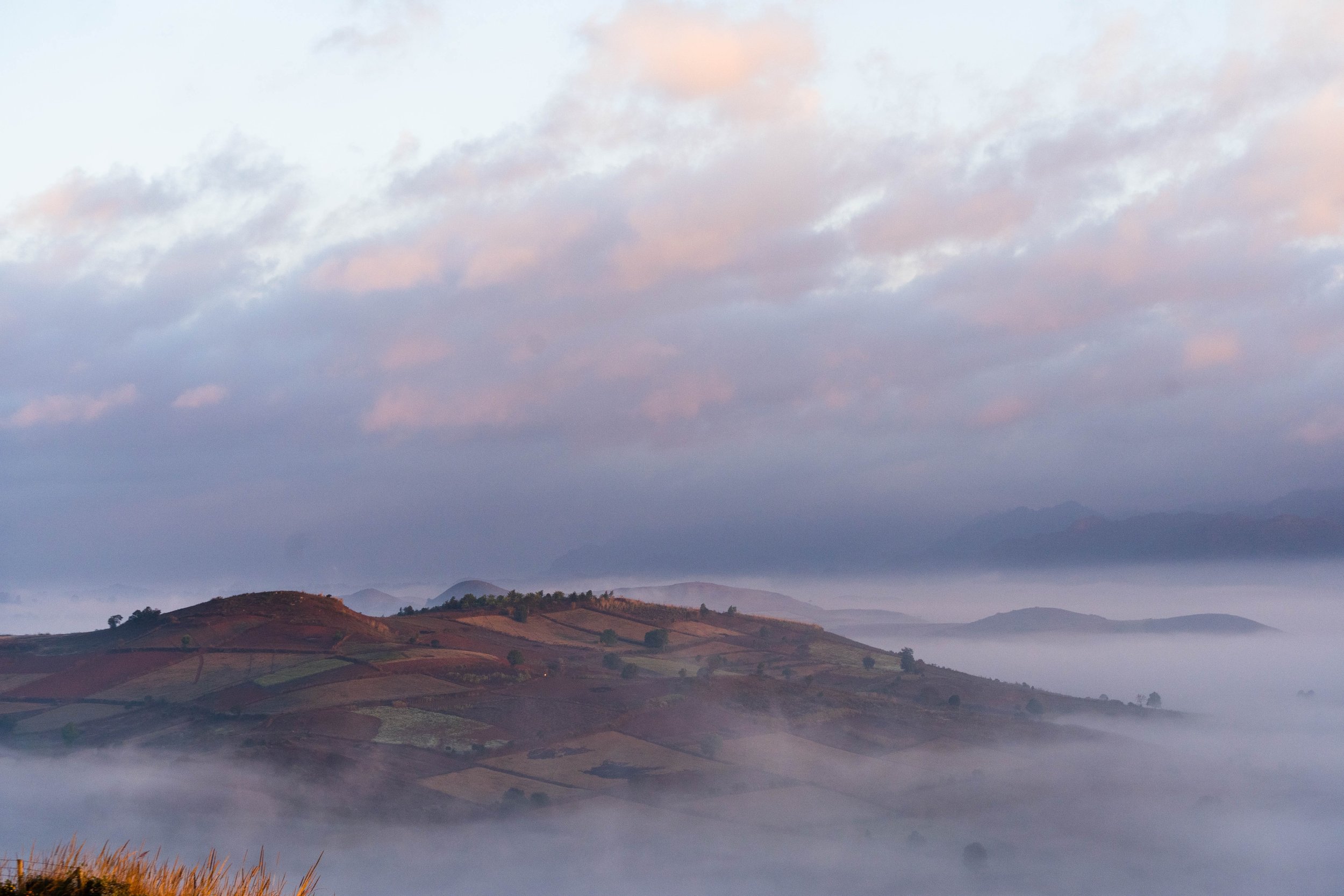The Countries We Carry inside Us: The Power of Place in Juliet Way-Henthorne’s Little Crane
Micro Review of:
“Little Crane”
By Juliet Way-Henthorne
The Asian American Writers’ Workshop
The Margins: Remains issue
December 2022
Few of us know the heartache of being unable to return to the homeland that shaped us. In “Little Crane,” the narrator immortalizes her grandfather Po Po, who embodies what she knows about her ancestral land of Burma. To many readers, Burma might be “present day Myanmar,” a rainy place shrouded in mist and vine-choked temples, maybe confused with Cambodia or Vietnam. To the narrator, it is a place beyond comprehension because it is forever closed to her: She, like many third-generation kids, is so far removed from the place responsible for things intrinsic to her life that Burma’s fraught history and the loss of the only family member who can tell her about it adds another barrier to connect with her culture.
Po Po fled Burma in the wake of the military regime, leaving his beloved Irrawaddy River and his pro-military family. The narrator describes his old life: “Every day, he would run from his family’s compound in Mandalay to the muddy banks of the Irrawaddy… The people would look at young Po Po and smile, calling him the ‘little crane.’” His flight led to the lives of his grandchildren, and the pain of displacement is deeply rendered in this concise prose. When Po Po stands in the river, we see time passing, and his bravery extends to his granddaughter who is burdened with knowing and loves him all the more for it.
This love is also compounded in the death of the narrator’s father. Po Po is brave enough to come to his deathbed and join his granddaughter in this private place of mourning. “I watched as Po Po took my father’s cold hands in his and kissed them too. In my father, Po Po had seen a son, his own blood, perhaps even glimmers of his past self.” This gesture, something her grandfather did for everyone, now becomes a solemn reminder of acceptance and admiration.
And the narrator takes us back to Burma the only way she can—through the eyes of a man who has preserved it in his memory. From the “wriggling, silvery nets of fish” to the fishermen and dolphins in the Irrawaddy, we yearn for a world we cannot see. Climate change will deeply affect Burma, and the regime keeps a tight seal on who gets to leave. The dolphins may disappear. People vanish in the night. This is the stuff of nightmares, of a history many readers know in fiction, but rarely within their own lives.
The narrator finally understands both Po Po and Burma, unlocks the core of who she is, and though there’s hope, it seems it might be too late. Still, through her love of her grandfather and a land that deeply shaped her, she shines light on these distant, looming fears with startling clarity.
Juliet Way-Henthorne (@Julietswh) is a senior writer/editor based in Santa Barbara, California. She holds an MFA from Vermont College of Fine Arts, where she specialized in creative nonfiction. Juliet was the recipient of VCFA’s Center for Arts + Social Justice Thesis Fellowship, which she used to explore multiethnic Asian American identities in history and memoir. She also serves as chair of Industry & Me, a BIPOC empowerment series. Juliet is an associate editor for JMWW and a reader and social media coordinator for VCFA’s Hunger Mountain Review. Her creative work has recently been featured in Anak Sastra Literary Journal and Diode Editions.
Elena M. Aponte (@PalanteAponte) is a writer and editor based in Michigan. Her work has appeared in Tahoma Literary Review, The Indiana Review, Barrelhouse, marrow magazine, and elsewhere. She is a current MFA student in fiction at Vermont College of Fine Arts, and editor of a charity anthology called Boricua en La Luna, the sales from which go to support organizations in Puerto Rico.

